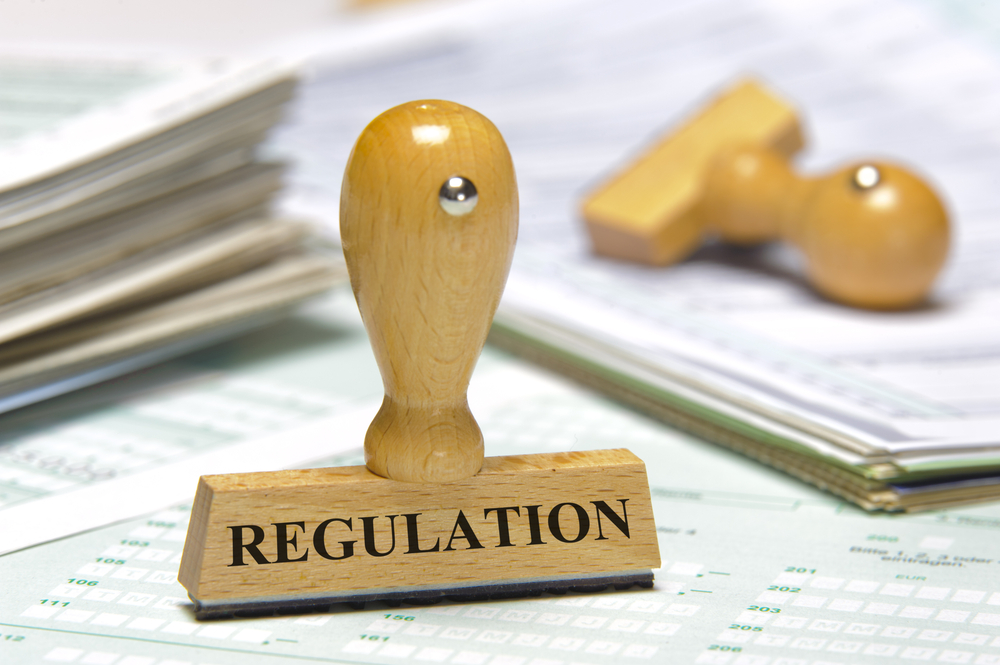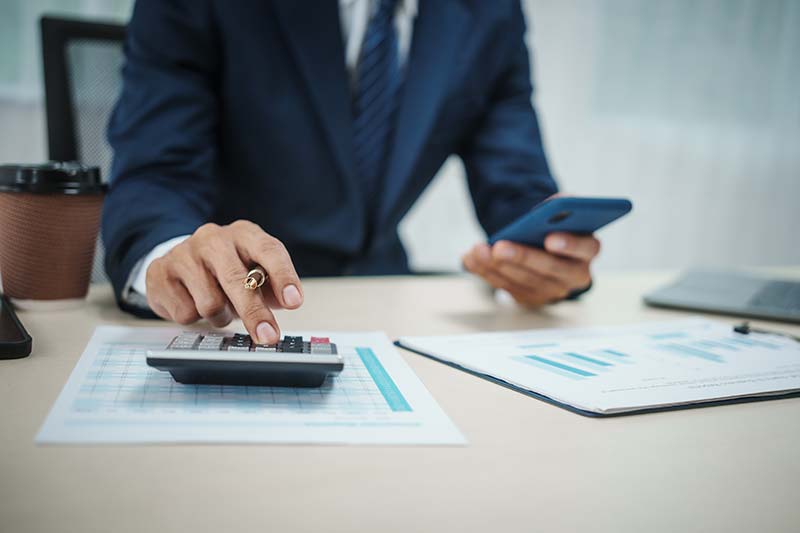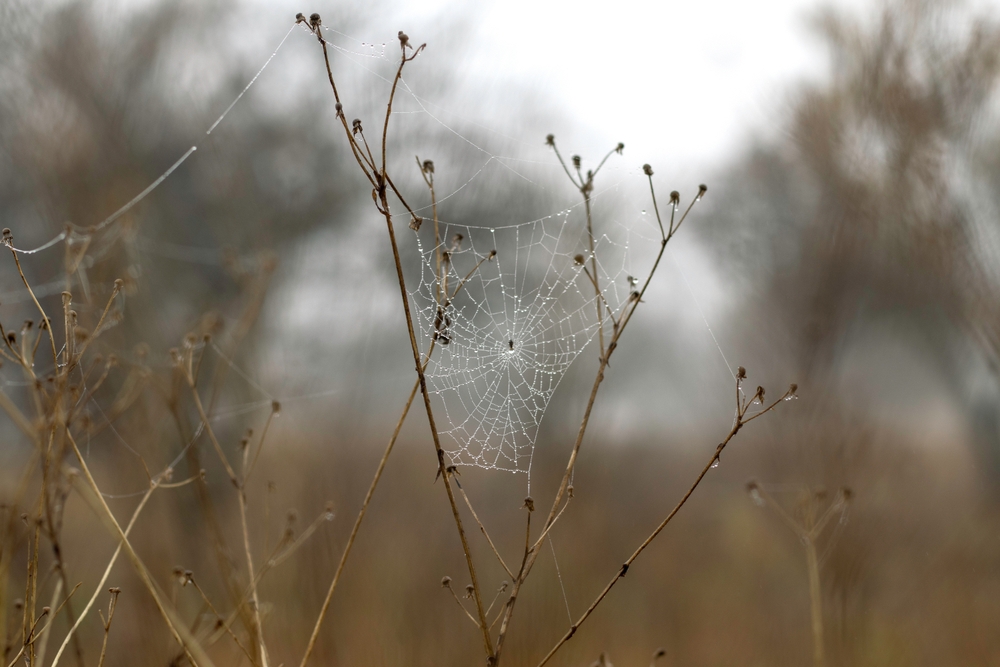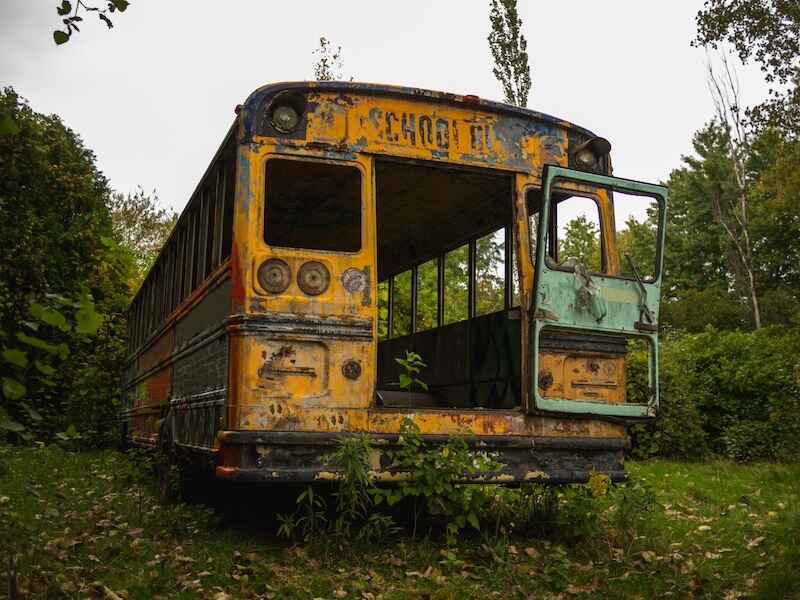It’s Not a Choice Between Liberty and Safety
Joel Salatin|August 24, 2021

Editor’s Note: Joel Salatin is no stranger to the myriad regulations an entrepreneur must face in order to start and run a small business. And those regulations take away something very vital from both business owners and consumers – all in the name of safety. Check out his essay below for what we would gain by getting the government out of the way.
“We can’t build enough hospitals fast enough to handle all the people who would get sick if we let unregulated food sales occur.”
That statement, uttered matter-of-factly, as if it were some sort of natural law like gravity, shocked me.
The speaker was the chief food inspector for the Virginia Department of Agriculture and Consumer Services. I was attempting to have a diplomatic and friendly conversation in a break during a General Assembly hearing. The hearing had been called to see whether regulations designed for large-scale farms hurt direct retail sales from smaller farmers.
Both the speaker and I had testimony slots during the hearing. Rather than glare at him during the break, I decided to engage him.
I’m sure he’s a good-hearted and well-meaning fellow. Likely a good husband and dad who engages in normal social behavior. But we were on opposite sides of the debate during the hearing. He wanted the state to have blanket policing powers over food. I wanted an unregulated option.
We weren’t debating scale as much as freedom. I wanted something – anything – that would allow selling without regulation.
The inspector’s attitude is new in our society. Neighbors have engaged in unregulated food commerce for millennia. The idea that safe food is impossible without licensing and government oversight is only a few decades old. And yet, with humanity’s short memory, most people today accept the link between government and food safety without question.
Even many small-government fans wrestle with this issue.
So let’s take a look at the idea of safety from a different angle…
The Heart of Liberty
Choice is at the heart of liberty. Almost nothing is as personal as choosing the fuel that runs my body.
Said another way, what I choose to swallow is about as personal a decision as anyone can make.
That kind of responsibility breeds conscientiousness. What leads people or businesses to act responsibly? The best incentive I know of is having consequences shouldered by those who decide to engage in an activity.
Consequences check negligent behavior. Fear of reprisal may be a negative incentive, but it’s better than nothing. On the positive side, of course, is protecting one’s reputation and brand.
When people get sick from government-inspected food, what is the first response from the business that produced it? The CEO or some public relations person calls a press conference and says, “We’ve complied with all government food safety requirements.”
Food safety bureaucracy offers a cover for businesses. As a practical matter, it absolves food businesses of responsibility.
If a buyer is willing to take responsibility for their choice and a seller is willing to shoulder the liability for their product, that shared risk and responsibility leaves the government out of the equation.
After all, any responsibility that ends at governmental compliance inevitably leads to cronyism. There’s a revolving door between regulators and industry.
Some argue that consumers are too stupid, gullible or ignorant to make good choices in the marketplace. Even if that were true, there’s a simple cure.
Discernment is like a muscle. Exercising discernment begets better discernment. If the only discernment required is looking for a blue “Approved” stamp on a label, then all the skill and understanding needed for making good choices fade away.
While you can’t know everything about everything, ignorance should not be encouraged.
A basic understanding of what you’re buying and who you’re patronizing protects both you and society at large from charlatans. “Know your farmer, know your food” is a great slogan and speaks to this issue. Your chances of being taken advantage of are in inverse proportion to your understanding and awareness.
Placing our faith – and safety – in the hands of government regulators to free us from thoughtful decision making is a fool’s errand.
This thinking assumes bureaucrats are more trustworthy than private business. Nothing could be further from the truth.
While some businesses certainly cut corners and engage in negligent practices, regulators kowtow to political pressure and the interests of big business.
All things being equal, keeping things clean in a small establishment is easier than doing so in a large one. Scale does play a part, but the integrity of leadership plays a much bigger part.
When the party to please is a government official rather than a snooping customer, maintaining integrity is nearly impossible. The bar is never as high as it is when trying to satisfy a dubious customer. If the risks associated with a purchase lie solely on the shoulders of the customer, their decision will be made with more forethought, advice and sleuthing.
If we allowed unfettered entrepreneurial freedom for direct sales between producer and consumer, we’d have a healthier society and economy. People would eat better because artisanal food would be more available and affordable. More small farms would survive as a result.
All because we took the government out of the equation and allowed individual choice to lead the way.

Joel Salatin
Joel Salatin calls himself a Christian libertarian environmentalist capitalist lunatic farmer. Others who like him call him the most famous farmer in the world, the high priest of the pasture, and the most eclectic thinker from Virginia since Thomas Jefferson. Those who don’t like him call him a bioterrorist, Typhoid Mary, a charlatan, and a starvation advocate. With a room full of debate trophies from high school and college days, 12 published books, and a thriving multigenerational family farm, he draws on a lifetime of food, farming and fantasy to entertain and inspire audiences around the world.



